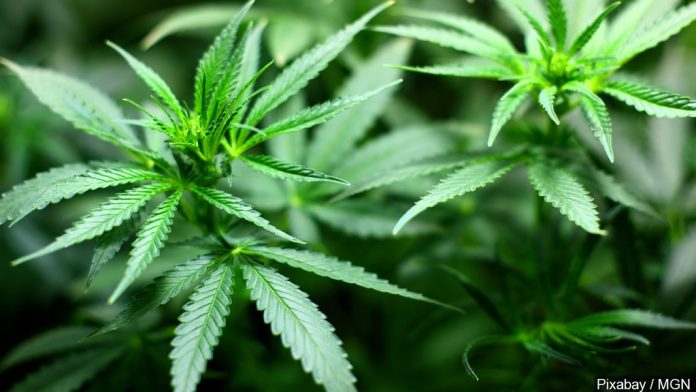BOSTON, Mass –Sheriffs insisted lawmakers on Monday to raise the tax buyers pay for recreational marijuana, and to allocate the added revenue for drug treatment and prevention.
This was deliberated at a superior lawmaking committee’s final hearing that was arranged to appraise the cannabis law voters agreed on in November. Recommendations are expected to be issued by the panel June of this year.
“Not everybody will smoke dutifully, much like most of us do not drink alcohol sensibly,” said the County Sheriff of Hampshire, Patrick Cahillane, who anticipated a small increase in drug addiction and further arrests due to driving when under the effects of the marijuana plant.
The regulation demands 3.75% remove toll on marijuana retail sales, projected to start in the middle of the year 2018. The excise should be enforced along with the ordered 6.25% sales tax issued by the state, and resident groups would hold the choice of appending on an added 2% tax.
The tax collected in Massachusetts would be lesser compared to those enacted in few Western states that have legalized the use of recreational marijuana in the past, with Colorado, Washington and Oregon.
Sen. Patricia Jehlen, one of the chairwomen of the Marijuana Policy Committee, said she supposed many legislators were open to the thought of allocating revenue from cannabis taxes to substance treatment and prevention programs.
But Jehlen was still skeptical of raising taxes, saying that they have to be practical enough to induce customers to not rely on underground markets, but instead buy drug legally.
Nicholas Cocchi, the County Sheriff of Cahillane and Hampden, said there were nine out of fourteen state sheriffs that support a pitch that can help increase the excised tax gained in marijuana by 5%.
Legal marijuana advocates have dubious claims that the substance can cause severe addiction or that it will function as an entry drug on to other more unsafe substances.
But Jehlen emphasized she didn’t see any proof of the sudden rise in addiction among the some states that legalized marijuana for recreational use.
Cocchi explained: “I’m not saying everybody who smokes marijuana is going to develop to be addict.” Although referred to his personal experience of coping with drugs through the deficiency of monetary resources accessible to cope with the disaster.
“Let’s allocate that cash … and begin to make an impression in the considerable lack of services around the nation,” he said.



